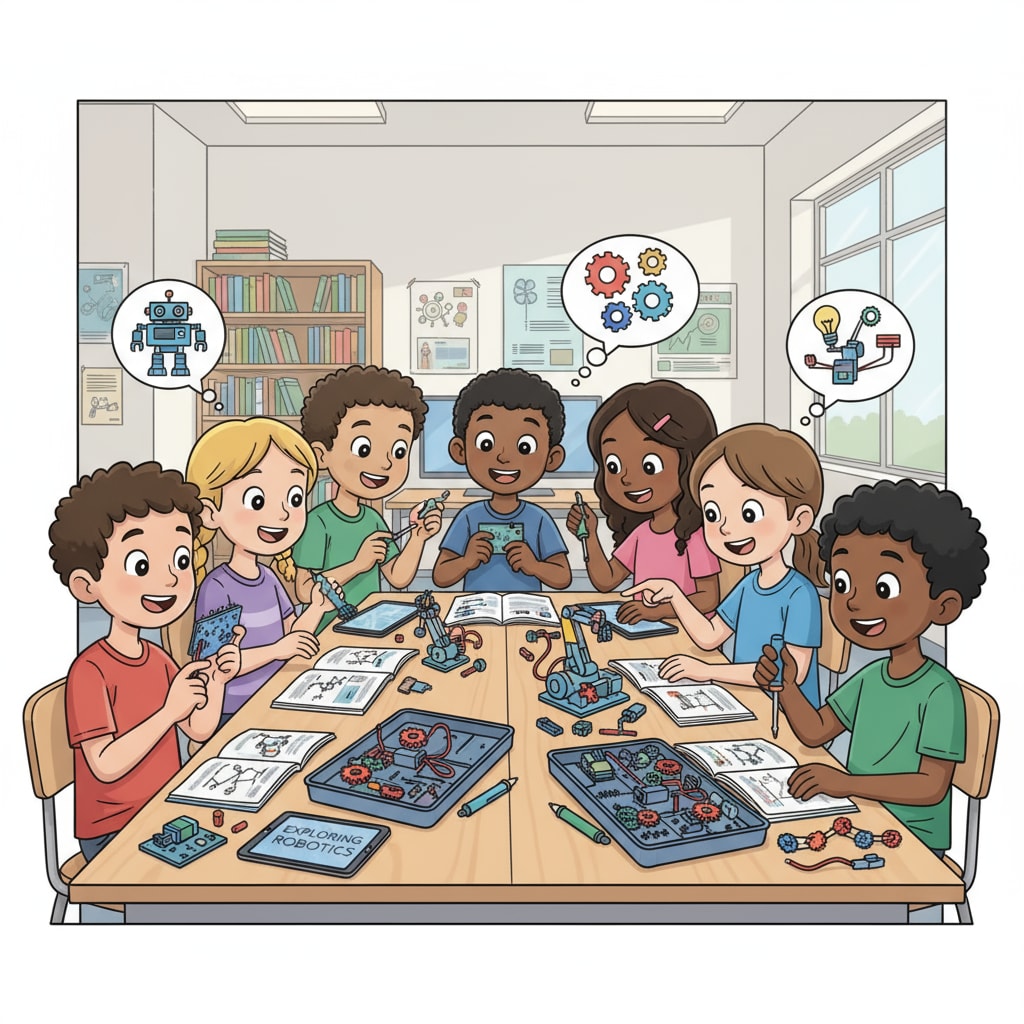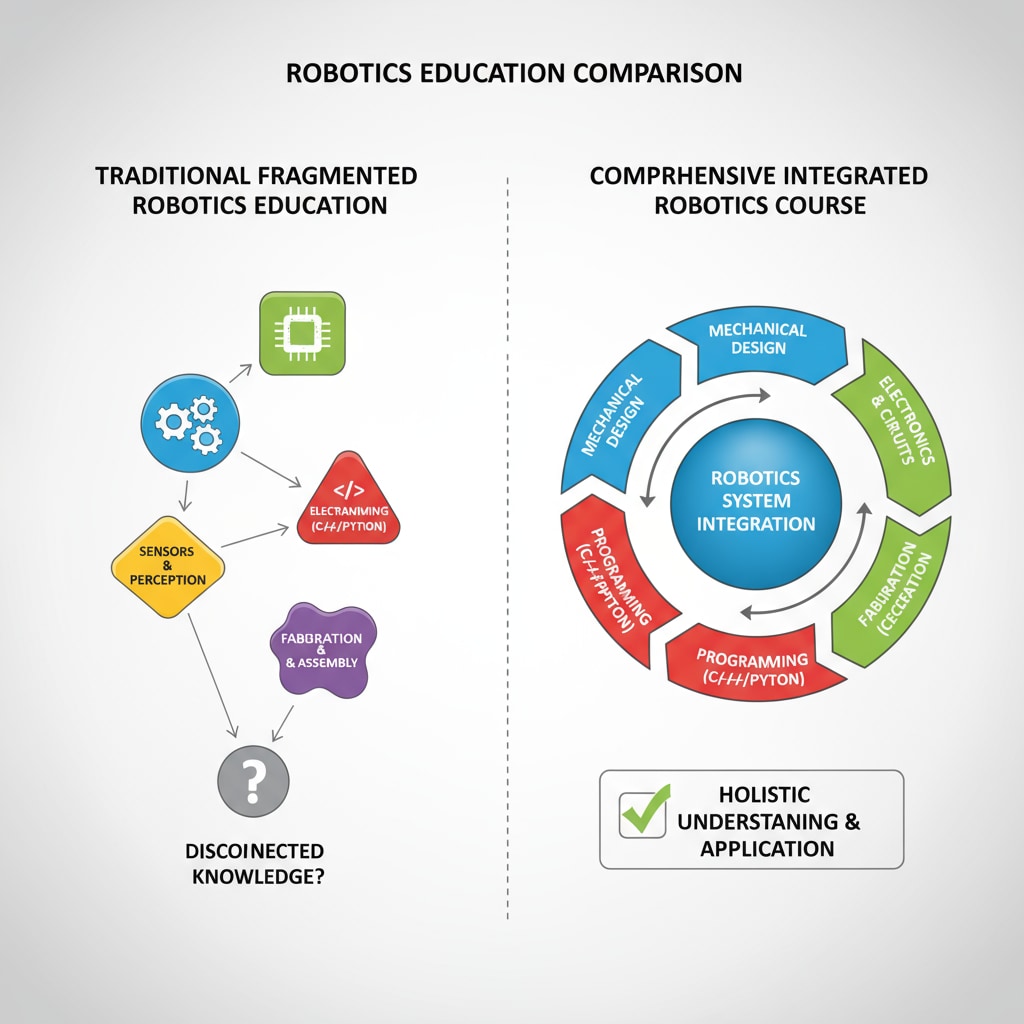Robotics courses, project – based learning, and beginner education are at the forefront of modern educational innovation. In today’s rapidly evolving technological landscape, introducing students in the K12 phase to the world of robotics through well – designed courses is crucial. These courses not only spark students’ interest but also lay a solid foundation for their future in STEM fields.

As we know, current robotics education often suffers from scattered resources and a lack of systematicity. This is where our comprehensive project – based robotics course comes in.
The Need for a Comprehensive Course
Traditional robotics education for beginners usually presents fragmented knowledge. Students might learn about individual components of a robot, like sensors or motors, but lack a holistic understanding of how these parts work together. For example, they may know how a light sensor functions in theory, but not how it integrates with the overall control system of a robot. Therefore, a comprehensive course is necessary to bridge these gaps. By providing a complete learning system, students can better grasp the entire robotics ecosystem.

The One – Week Project – Based Learning Model
This one – week project – based robotics course is designed to be immersive. Starting from the very basics of microcontrollers, students will gradually build up to more complex systems, such as communication systems. Each day of the week is dedicated to a specific aspect of the robot building process. For instance, on the first day, students will get familiar with the microcontroller board, understanding its pins and basic functions. As the week progresses, they will start adding components, like motors and sensors, and write code to make the robot perform simple tasks. This hands – on, project – driven approach encourages students to think critically and solve problems on their own.
Throughout the course, students will be exposed to various interdisciplinary concepts. They will need to apply mathematical knowledge to calculate the movement speed of the robot, use physics principles to understand the forces acting on it, and even draw on some basic engineering concepts for the mechanical structure. This cross – disciplinary learning experience is one of the key advantages of project – based robotics courses for beginners.
Readability guidance: The course is structured to present clear learning steps. Each day’s tasks are distinct, guiding students from basic to advanced knowledge. The use of examples helps students better understand the concepts. Transition words like “for instance” and “as” are used to connect ideas smoothly.


